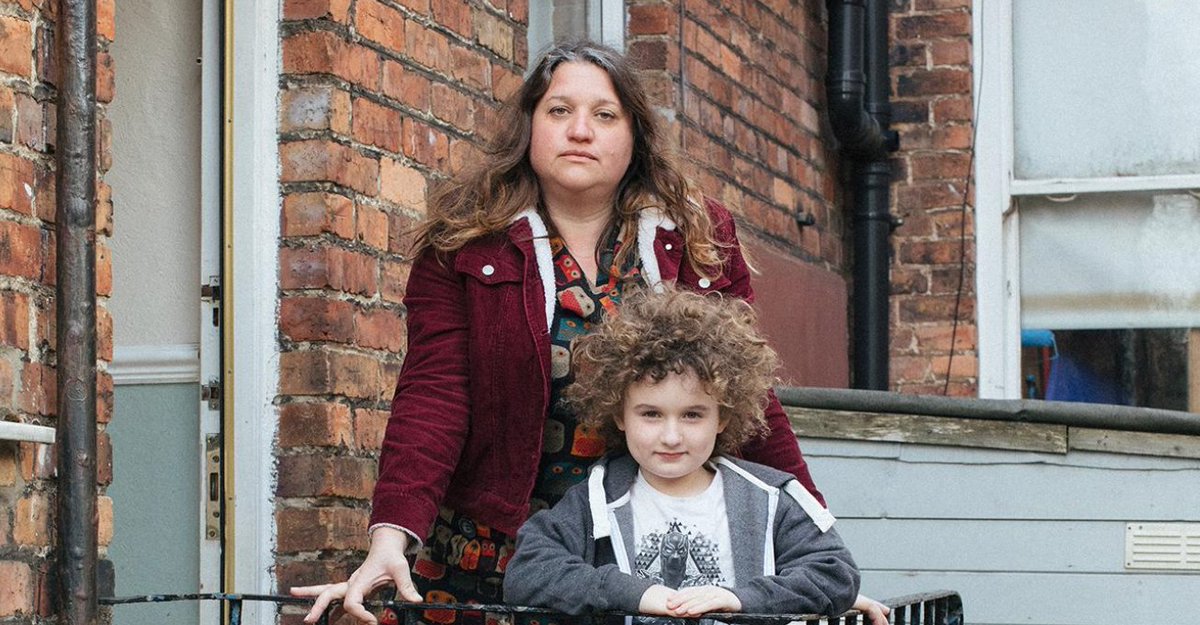Doctors and scientists are racing to solve the medical mystery of long Covid, and with good reason
If the first act of the pandemic was the tragic death toll, the second act is rapidly becoming one of the most pervasive health crises of the modern age #Echobox=1619284754">https://www.thetimes.co.uk/article/the-race-to-cure-long-covid-the-worlds-next-health-crisis-36d7vgr8x?utm_medium=Social&utm_source=Twitter #Echobox=1619284754">https://www.thetimes.co.uk/article/t...
If the first act of the pandemic was the tragic death toll, the second act is rapidly becoming one of the most pervasive health crises of the modern age #Echobox=1619284754">https://www.thetimes.co.uk/article/the-race-to-cure-long-covid-the-worlds-next-health-crisis-36d7vgr8x?utm_medium=Social&utm_source=Twitter #Echobox=1619284754">https://www.thetimes.co.uk/article/t...
Little is known about why so many people, after coming through the acute phase of Covid, struggle to recover. Why do they suffer pain, fatigue, brain fog or neurological disorders? Why do some symptoms go on and on? Why do some disappear and then return with a bang?
The severity varies but the numbers are still alarming. In the ONS survey, 674,000 people said they “experienced at least some limitation” in their day-to-day activities, while nearly 200,000 said their day-to-day activities had been limited a lot
Many “long-haulers” speak of having “good days then bad days”. Some become dizzy trying to make dinner. Others cannot summon the energy to clean their teeth. Some take all morning to get dressed. Others suffer excruciating chest pain or a racing heart
“My life has been stripped,” says Dan Scoble, a personal trainer from Oxford. “I have no power, no control, and I don’t know when I will recover.” He set up a Facebook group called Covid UK Long Haulers, which quickly gained 600 members.
Frances Simpson& #39;s son Magnus, six, had headaches, “really bad insomnia” and back pain. He complained of a metallic taste in his mouth.
Her daughter, Saskia, ten, struggled to eat, was fatigued and had earache. Simpson lost her sense of smell and felt like she had “brain damage”
Her daughter, Saskia, ten, struggled to eat, was fatigued and had earache. Simpson lost her sense of smell and felt like she had “brain damage”
What more can be done? In February the NIHR announced £18.5 million worth of funding for four studies on long Covid. Each will aim to learn more about its causes, symptoms and effects, and how aspects of the condition might best be assessed, managed and treated.
Some medics have expressed scepticism about mental-health problems after infection. However, a study published in The Lancet Psychiatry this month confirmed such problems
1/3 people with Covid received a formal neurological or psychiatric diagnosis within 6 months of infection
1/3 people with Covid received a formal neurological or psychiatric diagnosis within 6 months of infection
Until scientists find proven treatments, long-haulers accept that, even as lockdown restrictions ease, 2021 will bring them continuing challenges.
Read the full report here: #Echobox=1619284754">http://thetimes.co.uk/article/the-race-to-cure-long-covid-the-worlds-next-health-crisis-36d7vgr8x?utm_medium=Social&utm_source=Twitter #Echobox=1619284754">https://thetimes.co.uk/article/t...
Read the full report here: #Echobox=1619284754">http://thetimes.co.uk/article/the-race-to-cure-long-covid-the-worlds-next-health-crisis-36d7vgr8x?utm_medium=Social&utm_source=Twitter #Echobox=1619284754">https://thetimes.co.uk/article/t...

 Read on Twitter
Read on Twitter




